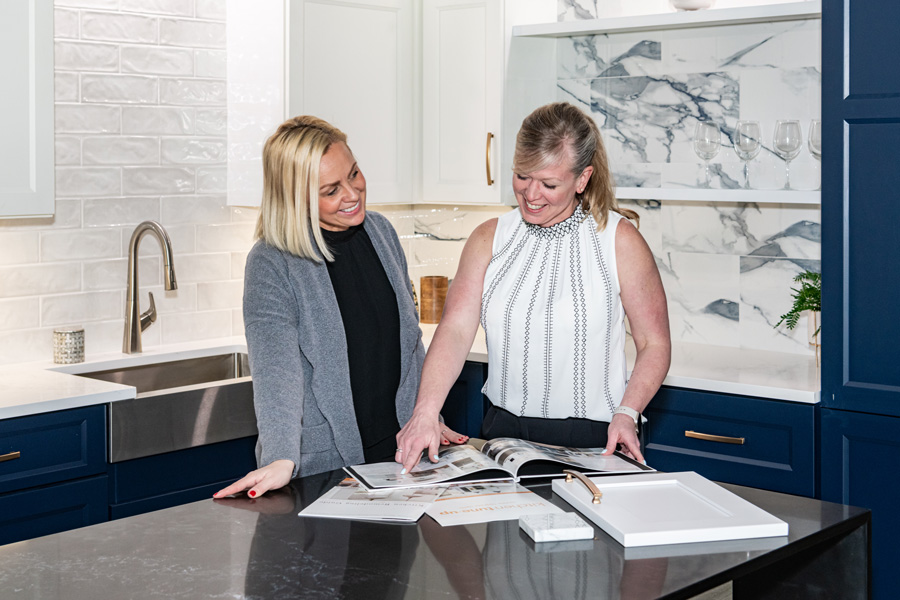What Exactly Is a Franchise? - The History of Franchising
The American consumer has an embarrassment of riches when it comes to how they can spend their money - local mom and pop shops, multinational corporations, and franchises.
The franchising system has allowed business owners to take a company, store, dealership, or restaurant that was successful in one location, duplicate the business model, and implement it in other locations.
Franchise - A Simple Definition
The franchising system we have come to know today consists of a locally run business, after achieving a certain amount of success, sells or licenses the rights to an entrepreneur who can then open up a similar business, under the same name providing the same service or selling the same product, in another location.
The franchise owner is buying more than brand recognition though. He or she is buying an entire operating system for the company - one that has proven to be successful - which includes the franchisor’s know-how, a vetted chain of suppliers, and marketing, sales, legal, and human resources support.
In contrast to chain stores or chain businesses where corporate headquarters continue to own and operate stores in various locations, a franchise is owned and run independently. In exchange for an initial investment and a franchise licensing fee, the franchise owner benefits from brand recognition, a successful business plan, marketing and advertising support as well as a host of other advantages.
Franchises - Early Iterations
As to what company was the very first to expand through the use of franchises is up for debate. Since the franchise model has evolved over time, we can trace its origins back to a few different sources.
Early iterations of the franchise system consisted mostly of product distribution - an agreement between a manufacturer and a point of sale. In the Old Country, breweries would finance taverns in exchange for the exclusive distribution of their drinks. Today, this is known as product or trademark franchising. And the practice continues, notably in sectors of activity such as fuel, the automobile industry, and bottling.
Benjamin Franklin
One of the earliest franchises in America can be traced back to Philadelphia, 1731. Benjamin Franklin was twenty-five years old at the time and had been running a successful print shop for three years when he entered into a franchise agreement with Thomas Whitmarsh. A transcript of their agreement has been made available by the National Archives.
Whitmarsh agreed to manage his own print shop in Charlestown, South Carolina. He agreed to buy all the equipment and supplies he needed from Benjamin Franklin. And he agreed not to engage in any printing activities outside those sanctioned by Franklin. In exchange, Whitmarsh was given the rights to print Franklin’s then widely-popular “Poor Richard’s Almanac”.
Benjamin Franklin would go on to establish similar agreements with ambitious business people in other locations, making him, arguably, America’s first franchisor.
The Industrial Revolution - A Growing Problem in Distribution
The industrial revolution ushered in a new way of manufacturing goods. And with it, came new challenges in distribution. Manufacturers could now produce goods on a mass scale, but they needed to find a way to get those products to consumers all across the country - and in a cost-effective fashion.
Coca-Cola
The Coca-Cola Company, back in 1889, was one of the first to implement a franchise system to solve their distribution problem. They produced a syrup concentrate which they would then sell to bottlers across the country - then throughout the world. These bottlers would, in turn, sell the beverage using the Coca-Cola trademark and respecting trademark specifications such as the now-famous contour bottle.
In contrast to a supplier-dealer collaboration, the Coca-Cola franchising system required the bottlers to sell only Coca-Cola products. Nevertheless, the agreement proved to be wildly successful for all parties involved.
Harper’s Salon - The Harper Method
Canadian-born, Martha Matilda Harper worked as a domestic servant for over twenty-five years. One of her employers was a physician who, upon his passing, bequeathed to her his formula for hair tonic. She would go on to make improvements on that formula all while saving the little money she earned as a domestic servant.
In 1888, she quit being a servant and put her life savings into opening her own hair salon in Rochester, New York, where she would treat her customers to the hair tonic she had invented.
At the time, hair salons were relatively uncommon (most hairdressers would go to their customers’ homes). And Harper’s hair salon was a resounding success. Three years after opening, Martha Matilda Harper became one of the first business owners to venture into retail franchising.
She sold franchise licenses to women only - generally poor women from the servant class like herself. She would train them, imparting to them her business savvy, and she would make regular inspections of their salons to ensure they met the quality standards of the Harper’s Salon brand name.
In addition to being a franchise pioneer, Martha Matilda Harper also invented the reclining shampoo chair - now a staple in hair salons. And that first salon she opened in 1888 in Rochester, New York would survive into the early 2000s - satisfying customers in three different centuries!
Much of what we have come to know as retail franchising today we owe to Martha Matilda Harper. It’s quite a poetic take on the American dream, in a way, that such a profound mark on America’s history would come from an immigrant from the servant class.
Kitchen Tune-Up - Carrying On an American Tradition
It would be impossible to accurately define or describe the American business and consumer landscape without devoting a large portion of the discourse to franchises. While their roots trace back to before the United States was founded - or even discovered - franchises are a staple of American culture.
From a humble cabinet store in Aberdeen, South Dakota opened in 1975 to now over 200 franchises nationwide, Kitchen Tune-Up is proud to count itself among the great American franchise success stories.
Learn more about our franchises or contact Kitchen Tune-Up to find out how you can be a part of our continuing success story.

